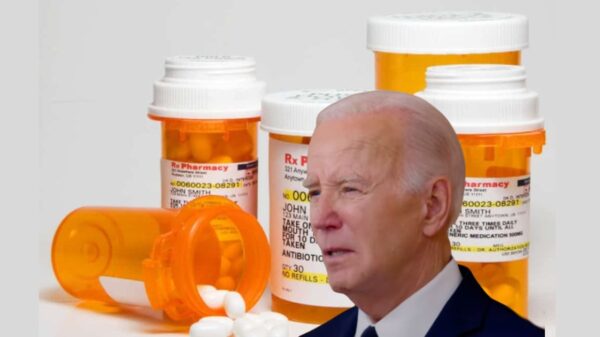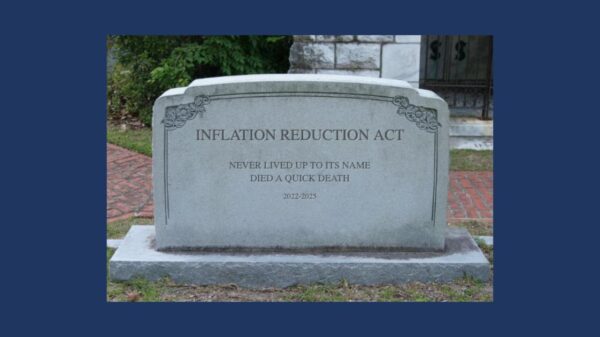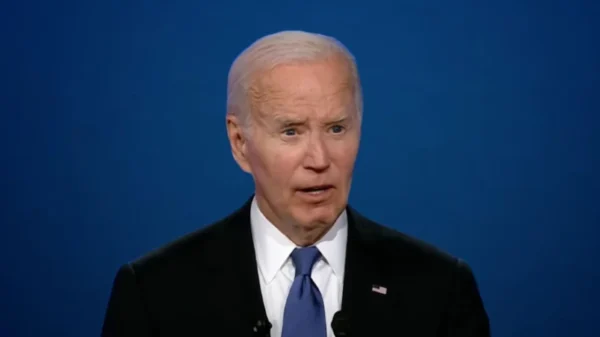The Biden administration has cast a troubling cloud over the energy outlook for the Gulf of Mexico. New oil and gas lease sales in the Gulf of Mexico have been halted at a time when oil prices have soared by nearly 200 percent and Putin’s unprovoked invasion has unsettled global energy security. The deliberate delay and obstruction of U.S. energy development is needlessly harming everyday Americans and our allies.
While the White House seeks to blame energy producers for high energy prices, companies have not been able to secure new offshore oil and gas leases since November 2020. This year will be the first year without an offshore lease sale since 1965 – when Lyndon Johnson was president and Bonanza topped national TV ratings. Without new leasing, companies cannot replenish exploration portfolios, which is critical as most leases do not contain commercially viable amounts of oil or natural gas. The greater number of lease sales and the higher the amount of acreage, the greater the opportunity for U.S. oil and gas production. To put it another way, fewer oil and gas leases means less oil and gas production.
While the Gulf of Mexico sits locked away from leasing, President Biden is planning a trip to Saudi Arabia and the Kingdom’s oil production will certainly be on the agenda. The U.S. has eased sanctions with Venezuela and continues to try to salvage its nuclear deal with Iran.
Instead of working with foreign regimes to secure additional supplies, the President should promote investment and new opportunities for increased oil production in our own backyard.
In order for the government to be able to lease offshore acreage for oil and gas production, the government is required to have a leasing program in place. On June 30th, the current leasing program for offshore oil and gas leasing expires and there will not be a new one in place for some time.
Secretary of the Interior Deb Haaland recently said the Proposed Program for the next leasing program will be out before June 30th. This is only the second of three lengthy steps required in the development of a new offshore oil and gas leasing program. Based upon the delays inherent in the process, this will be the first time in history that an Administration will have failed to publish a final offshore leasing program before the expiration of the previous program.
Just as important as releasing a leasing program is promulgating a final program that provides a reliable and regular schedule of reasonable lease sales.
The 2017-2022 leasing program – developed by the Obama administration – included two region-wide lease sales per year in the Gulf of Mexico. Multiple region-wide lease sales per year provide the flexibility necessary for companies to adapt to rapidly changing market conditions and pursue the most promising prospects.
At a minimum, the Biden administration should ensure that the next leasing program follows the same reliable and regular schedule of reasonable, region-wide lease sales.
Prior to this point, every administration – whether they were Republican or Democrat – has fulfilled their legal obligation to maintain a leasing program and hold lease sales. Every prior administration has recognized the critical strategic advantages of an uninterrupted leasing program.
The delay in the leasing program could reduce American energy production by 500,000 barrels of oil per day – roughly what the U.S. was importing from Russia in 2020. Furthermore, 60,000 high paying and accessible jobs could disappear through substantial gap in the offshore leasing program.
The energy transition led by Gulf of Mexico oil and gas companies would be limited without new leasing. The U.S. offshore already produces among the lowest carbon barrels of the oil producing regions. The diverse ecosystem of companies that team up to produce low carbon barrels of oil from the Gulf of Mexico are innovating incredible solutions for addressing the climate challenge.
We need policies that enable the development of domestic oil and gas supplies, promote zero and low carbon energy, and strengthen national security. We can get to reliable, affordable, lower carbon, and secure domestic energy through the resumption of domestic offshore oil and gas leasing.
Erik Milito is the president of the National Ocean Industries Association. This piece originally ran at RealClearEnergy.




















